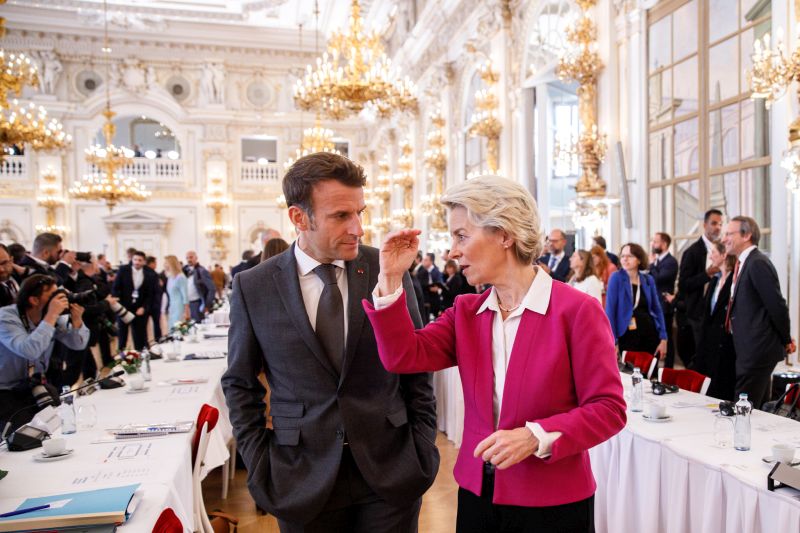Summary
- European and US leaders tend to view today’s world through a lens of competing ideological and political systems, in which you are with the West or against it.
- But the results of a major public opinion poll indicate that people all over the world instead favour an à la carte arrangement, in which their governments can pragmatically choose their partners depending on the issue at stake.
- China and Russia do not compete with the West in terms of their attractiveness as a place to live or the values that people want to live by. People also tend to prefer their countries to cooperate more closely with a US-led bloc on security, but prefer economic cooperation with China. Overall, people outside the West do not want full political alignment with either China or Europe and the US.
- This is perhaps most evident when it comes to issues of war and peace. Most people in non-Western countries want Russia’s war on Ukraine to end as soon as possible, even if it means Kyiv ceding territory.
- The value that people place on Western standards of living and values does not translate into faith in the European political project or the resilience of liberal societies. Many people outside the West doubt whether the EU and even liberal societies more broadly will survive.
About the Authors
Timothy Garton Ash is professor of European studies at the University of Oxford and co-directs the Europe in a Changing World project. His new book, “Homelands: A Personal History”, is currently appearing in more than 20 European editions.
Ivan Krastev is chair of the Centre for Liberal Strategies, Sofia, and a permanent fellow at the Institute for Human Sciences, Vienna. He is the author of “Is It Tomorrow Yet?: Paradoxes of the Pandemic”, among many other publications.
Mark Leonard is co-founder and director of the European Council on Foreign Relations. His new book, “The Age of Unpeace: How Connectivity Causes Conflict”, was published by Penguin in paperback on 2 June 2022. He also presents ECFR’s weekly “World in 30 Minutes” podcast.


